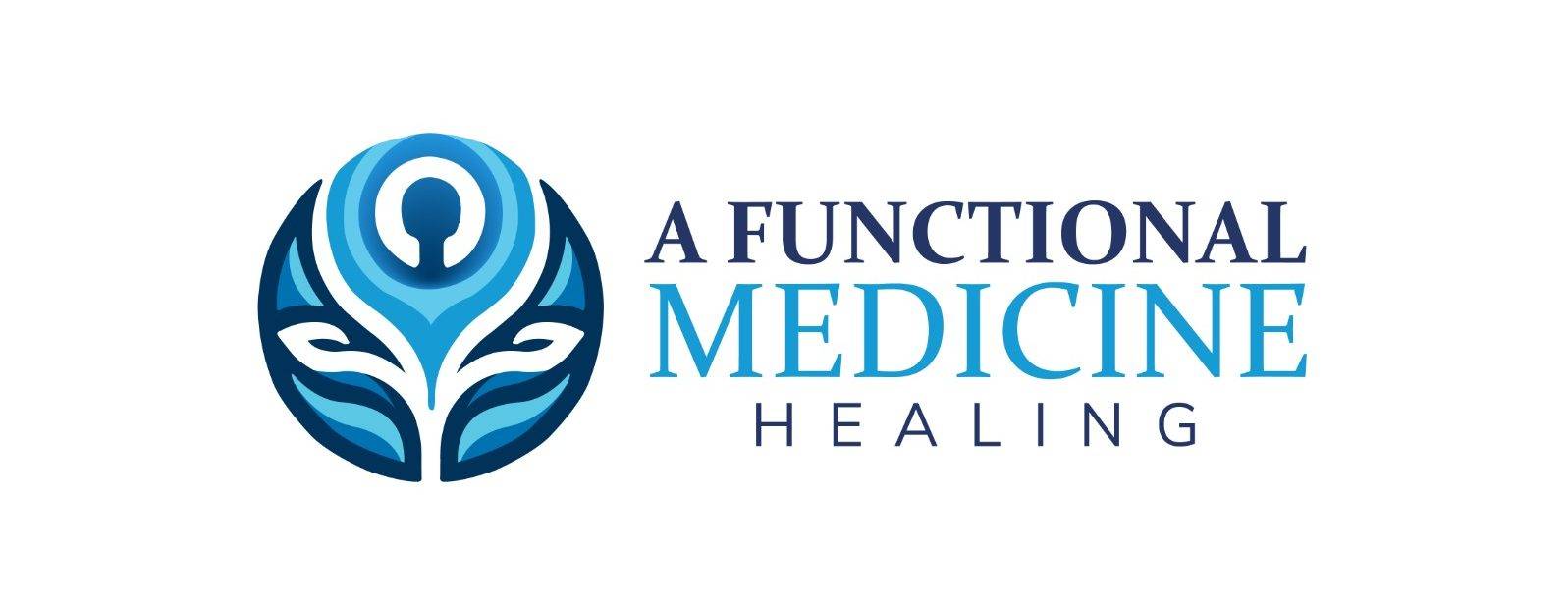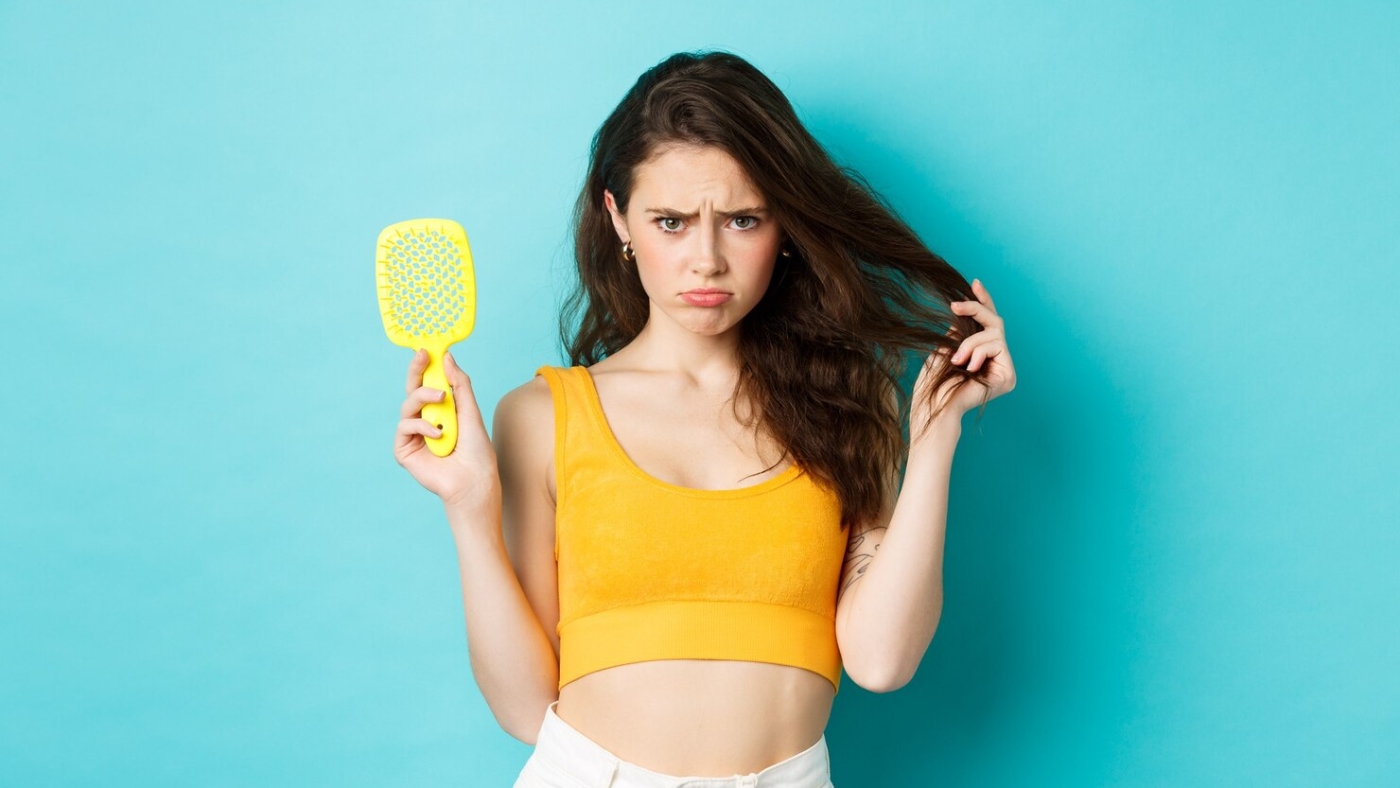Introduction
Hormonal balance is crucial for maintaining healthy hair. Estrogen, a key hormone in the body, plays a significant role in hair growth and overall hair health. When estrogen levels drop, it can lead to hair loss, a distressing experience for many women. In this article, we’ll explore the connection between low estrogen and hair loss, and discuss ways to manage and treat this condition.
What is Estrogen?
Definition and Types of Estrogen
Estrogen is a group of hormones primarily responsible for the development and regulation of the female reproductive system and secondary sexual characteristics. The three main types of estrogen are estradiol, estrone, and estriol.
Functions of Estrogen in the Body
Estrogen is crucial for regulating the menstrual cycle, maintaining pregnancy, and developing secondary sexual characteristics such as breasts. It also impacts bone density, skin health, and hair growth.
The Role of Estrogen in Hair Growth
How Estrogen Affects Hair Follicles
Estrogen helps prolong the growth phase (anagen) of the hair cycle, ensuring that hair stays in the growing phase for a longer period. This promotes fuller, healthier hair.
Estrogen and the Hair Growth Cycle
Higher estrogen levels are associated with a longer anagen phase, while lower estrogen levels can shorten this phase, leading to increased hair shedding and thinning.
Causes of Low Estrogen
Menopause
Menopause is a natural biological process that marks the end of a woman’s menstrual cycles. It often results in a significant drop in estrogen levels, leading to symptoms such as hot flashes, mood swings, and hair loss.
Medical Conditions
Certain medical conditions, such as polycystic ovary syndrome (PCOS), thyroid disorders, and ovarian insufficiency, can cause low estrogen levels.
Lifestyle Factors
Factors like extreme dieting, excessive exercise, and chronic stress can disrupt hormone levels and lead to low estrogen.
Diagnosing Low Estrogen Levels
Medical History and Physical Examination
A healthcare provider will take a detailed medical history and perform a physical examination to identify symptoms of low estrogen.
Hormone Testing
Blood tests can measure estrogen levels and help diagnose hormonal imbalances.
Treatment Options for Low Estrogen-Related Hair Loss
Hormone Replacement Therapy (HRT)
HRT involves taking medications containing female hormones to replace the estrogen the body no longer makes after menopause.
Topical Treatments
Topical treatments like minoxidil can help stimulate hair growth. Estrogen creams applied to the scalp may also be beneficial.
Natural Remedies
Natural remedies, such as dietary changes, herbal supplements, and lifestyle modifications, can help balance estrogen levels and support hair health.
Low estrogen can significantly impact hair health, leading to thinning and increased shedding. Understanding the connection between estrogen and hair growth can help in managing and treating hair loss effectively.
Want help now? Request to join our Hair Loss SOS and get to the root cause(s) of your hair loss today.



Leave A Comment